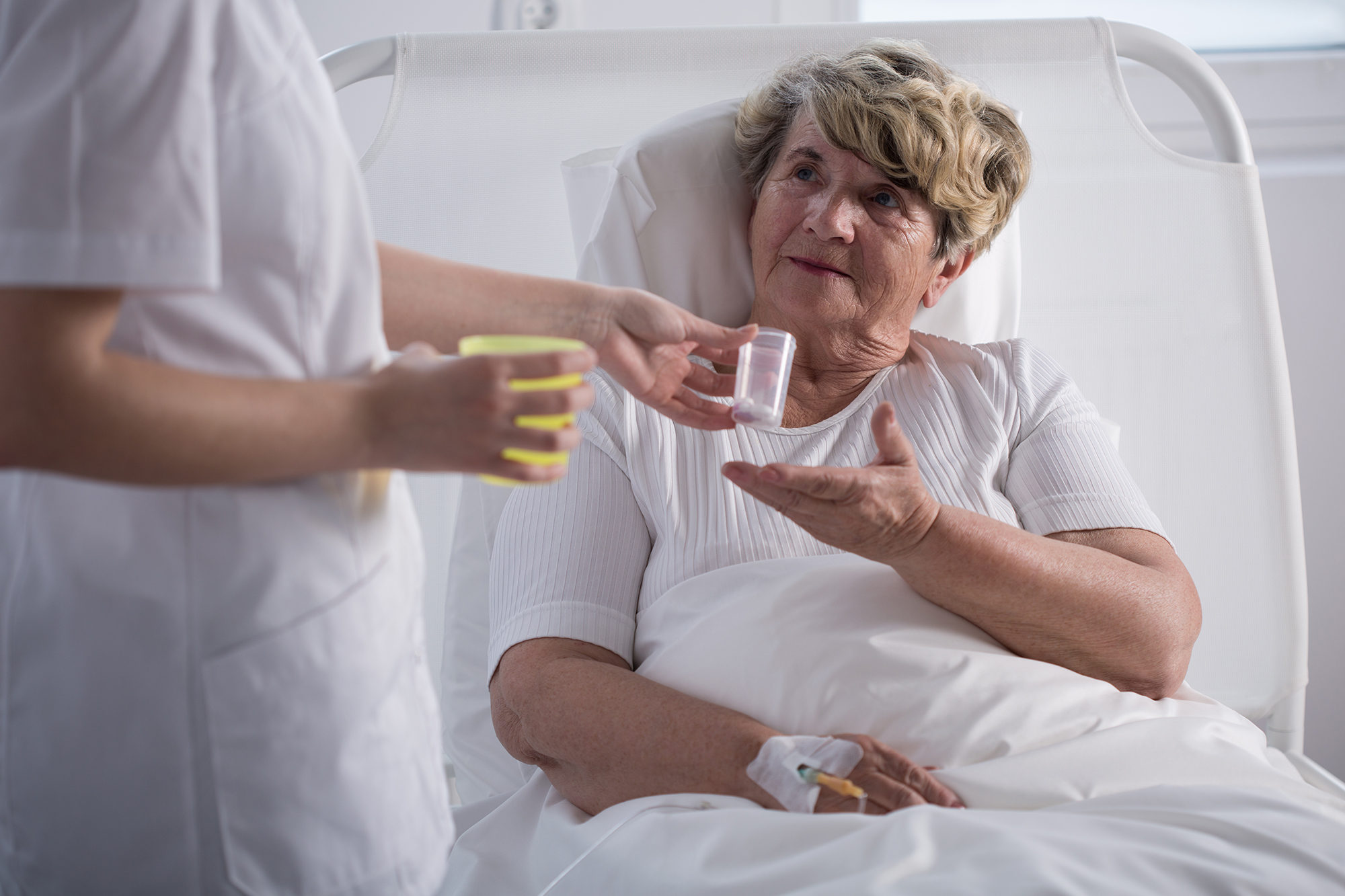What’s the difference between ordinary medical negligence and gross negligence?
The simplest way to explain the difference between medical negligence and gross negligence is to take a look at what each one is.
What is medical negligence?
Medical negligence is when a medical professional breaches their duty of care and causes avoidable harm, usually through a lapse in judgement or lack of attention.
What is gross negligence?
Criminal law defines gross negligence as ‘a conscious and voluntary disregard of the need to use reasonable care, which is likely to cause foreseeable grave injury or harm to persons, property, or both.’
Gross negligence is therefore when the breach of duty becomes criminal.
What does gross negligence manslaughter mean?
Gross negligence manslaughter is when the most likely cause of death is due to grossly negligent action or inaction. An example of gross negligence manslaughter is if a doctor administers a drug knowing the patient is allergic to it and that patient dies as a result of the reaction to the drug.


Proving gross negligence
There are four things that need to be established to prove gross negligence:
- Breach of duty: Did the person have a duty of care to the person killed? All medical professionals have a duty of care to patients so where there is gross negligence in medical malpractice, the duty of care is automatically established.
- Causation: It must be medically proven what the cause of death was. For more information on what causation is, read our guide on causation in medical negligence.
- Grossness: The breach of duty must be criminal for it to be considered ‘gross’.
- Obvious risk of death: Death must be a likely outcome of the negligence.
Gross negligence at work
Gross negligence in the workplace can include injuries caused by operating dangerous machinery, a breach in health and safety rules and other scenarios where someone consciously makes a decision that could risk injury to people, property, or both. Common injuries at work, often resulting in fatalities, include falling from a height, being struck by a moving vehicle or object and being trapped under equipment.
If you, or a loved one, are injured because of the negligence of a colleague or employer, you could be eligible to make an accident at work claim.
Making a gross negligence manslaughter claim
These types of claims are especially complex, which is why anyone looking to make a gross negligence manslaughter claim should speak to experts in medical negligence. If you believe a loved one was a victim of gross negligence manslaughter by a doctor, or any other professional, medical or otherwise, our expert team may be able to support you with a compensation claim.
